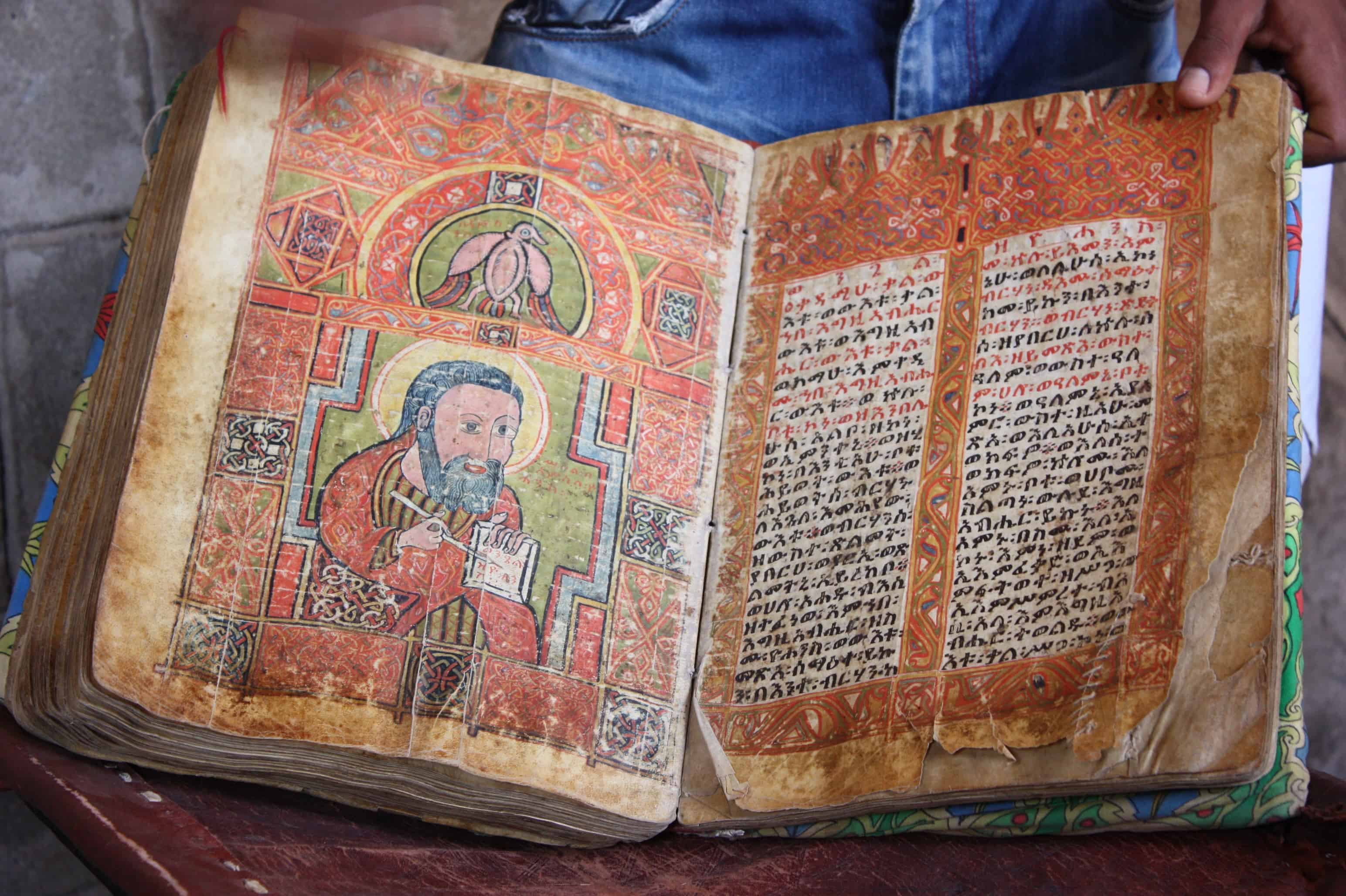The University of Toronto has begun offering an introductory course on Ge’ez this semester as the first step towards a future Ethiopian Studies program.
Ge’ez is an ancient Semitic language native to Ethiopia. Similar to Latin, it is no longer a spoken language and is used exclusively in religious services. The class is taught by Robert Holmstedt, Professor of Ancient Hebrew and Northwest Semitic Languages.
“Offering Ge’ez as the first step in creating a fuller sequence in Ethiopic creates a number of important connections for the U of T student body and larger community,” said Holmstedt in an email to The Varsity.
The concept of the course, according to Holmstedt, began as a summer course he taught in 2008. Michael Gervers, a history professor of at UTSC, then made a $50,000 donation to support the idea. Gervers later sought support from Toronto’s Ethiopian community to help fund the course as well as the program.
The community, for their part, responded enthusiastically. This community includes Grammy award-winning Canadian R&B singer Abel Tesfaye, better known as The Weeknd, who donated $50,000 to the university’s Ethiopian Studies initiative, matching the donation made by Gervers.
Holmstedt expressed his delight in being able to teach the course, acknowledging that this would not have happened without the “energy, generosity, and vision of the Ethiopian community in the GTA.”
Along with University of Toronto students, those in attendance at the very first Ge’ez class included members of the Ethiopian and Eritrean communities.
Teaching students Ge’ez is a way to expand the university’s regional studies to much of Africa, an area which Holmstedt claims is not as widely taught at U of T as Europe or the and Middle East. It also creates an ability to study the connections between these three regions, as well as early Christianity in Africa.
“In sum, studying Ge’ez gives us access to texts and culture that stands at a medieval crossroads of many different disciplines,” writes Holmstedt, referencing the interdisciplinary and multi-regional value in studying Ge’ez.
Holmstedt has ambitions to offer multiple levels of Ge’ez: “The current course has not drawn on the raised funds, which means that we will be able to offer a second course next year.”


